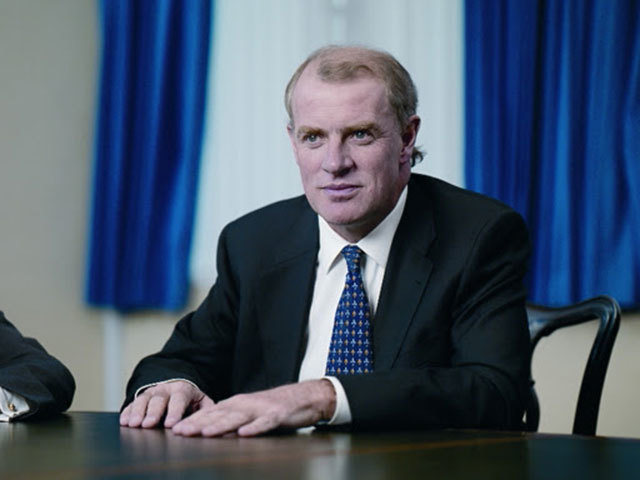
Oil majors are striking the right deals for the North Sea, Premier Oil’s chief executive Tony Durrant said.
The company boss spoke exclusively to Energy Voice at GE’s Annual Conference in Florence, when he said while the future of basin will be borne the shoulders of the mid-cap market, the financial brunt of abandonment should not.
Mr Durrant said: “The majors have now recognised that they’re the ones that have to provide security and probably capital for abandonment.
“It was never a logical structure to try and transfer those abandonment liabilities to less capitalised small companies.
“We’ve seen that from BP in the last week. I think we’ll see a lot more from Shell going forward, which is a logical commercial structure.
“We can now talk to the majors about who runs the operations and who makes the incremental investments going forward without somehow this lead weight of abandonment liabilities hovering over the discussions.”
Hours later Shell broke the news that it has struck a $3.8billion deal with Chrysaor.
The package includes Shell’s interests in Buzzard, Beryl, Bressay, Elgin-Franklin, J-Block, the Greater Armada cluster, Everest, Lomond and Erskine, plus a 10% stake in Schiehallion.
The decommissioning bill for the assets is expected to come to £3.1billion. Shell said it would retain a fixed liability of £800million and Chrysaor would take on the remaining costs.
Last week, BP’s deal with Enquest for Magnus was hailed as an “innovative” move for the North Sea’s future.
The deal will see EnQuest take over operatorship of both the Sullom Voe terminal in Shetland as well as BP’s North Sea Magnus field.
Transfer of ownership will cost EnQuest nothing upfront as the deal will be funded from “the sharing of future cash flows” with BP.
Company chiefs labeled the deal financially “riskless” for the firm.
And as the North Sea experiences one of its most crowded reshuffles in history, Mr Durrant said he was also open to building his portfolio through acquisitions in the North Sea.
“We have to be cautious, but we have a tax loss position of where every barrel we add in the North Sea is valuable to us,” he said.
“Given the right circumstance we would like to do more in the North Sea definitely.”
Mr Durrant has spent the better half of last year leading discussions around the company’s new financial covenants.
All of the firm’s restructuring’s substantial commercial terms have been agreed.
Lenders are now conducting a final review.
“At the end of the day we can’t control the oil price, so we might stare at the screens a lot and wonder what the hell is going on, but actually what we have to do is get on with the things we can control and that’s optimising production because that’s cash flow, that’s cutting opex and deferring capex,” he said.
The firm’s flagship North Sea Catcher development is due to come on line in late 2017.
“We are 30% down the original project budget so that’s good, so basically right now it’s about getting on with the stuff you can do and control yourselves, because you can’t control the oil price, so we have to stop worrying about it,” he added.
“The thing about a mid-cap independent like ourselves is we’re committed to growing. We have to. We can’t just pay 7% dividends like bigger firms to our investors. People invest in us, because we’re growing.
“There are a few of us, who have to worry about stakeholders, whether it’s shareholders or lenders, and that’s fine.
“We have to find a satisfactory way forward for them, but most of the people in the organisation enjoy it, because we are an independent, which is trying to grow and do new projects. I think they have been pretty happy.
“If you think of us in terms of a narrative of what we mean to Aberdeen, we must have been one of the few companies in Aberdeen in the last 12 months that is actually growing, hiring people, getting new projects, making acquisition and drilling new wells.
“We drilled three wells in 2016.”
He added: “Catcher is going very well in every phase. We’ve had good development wells in the North Sea. There was quite a wide range of outcomes on development drilling and we’ve had very positive results on that, so we’re heading I think towards the upper spectrum of reserves outcome, which is great.
“We had very good summer campaign with our subsea providers. They did very good job and we’re fully installed.
“I was just out in Singapore 10 days ago, looking at the FPSO , which is very impressive. I can’t think of a better place in the world to get it done and I think we’re going to be on time.”
Recommended for you
